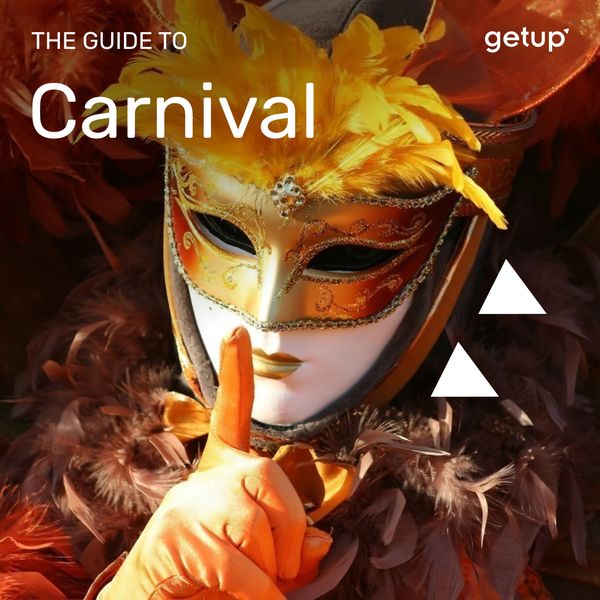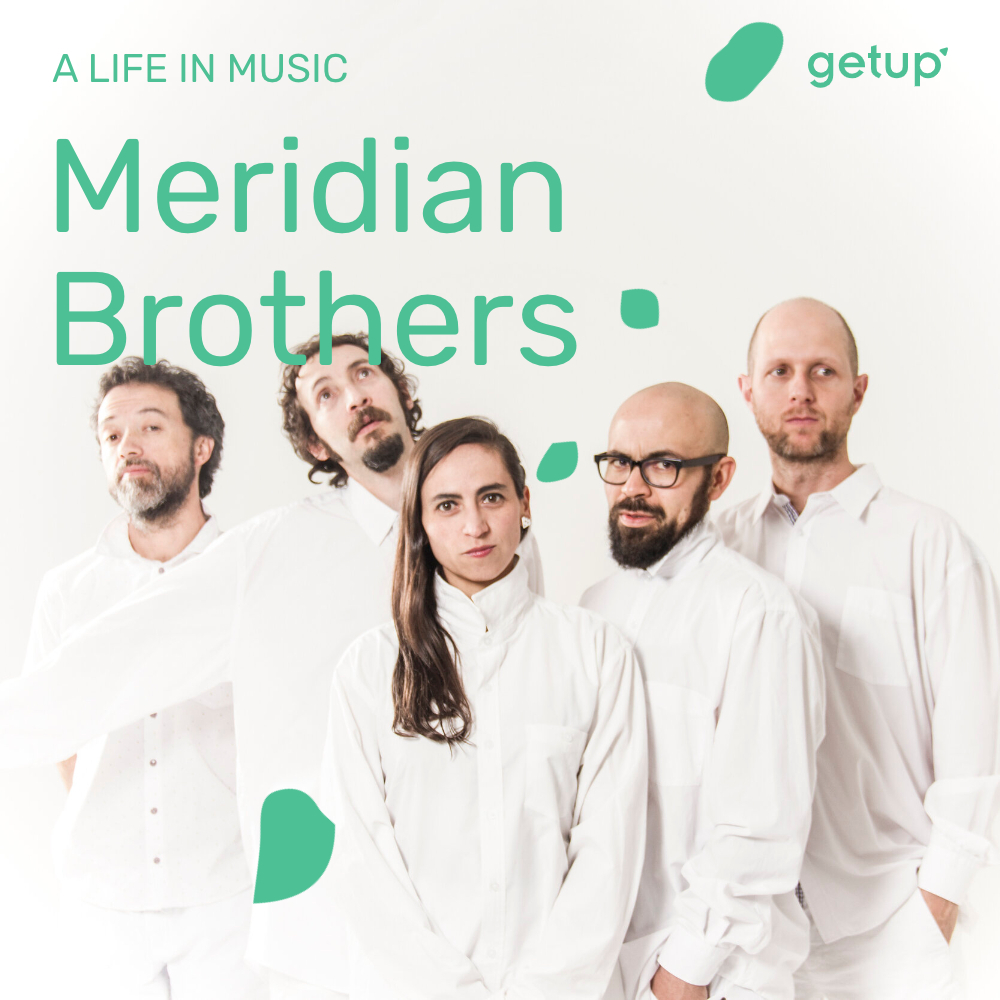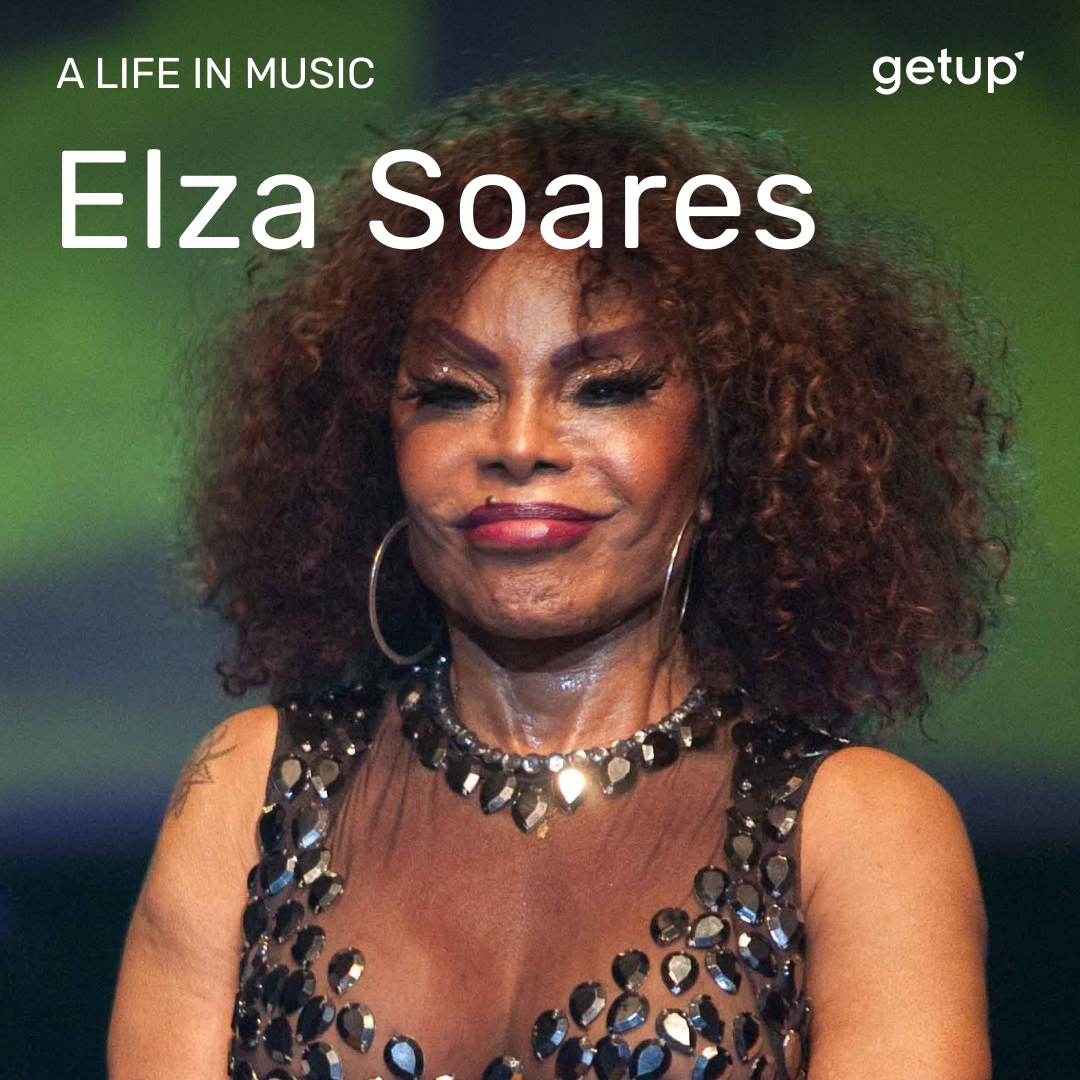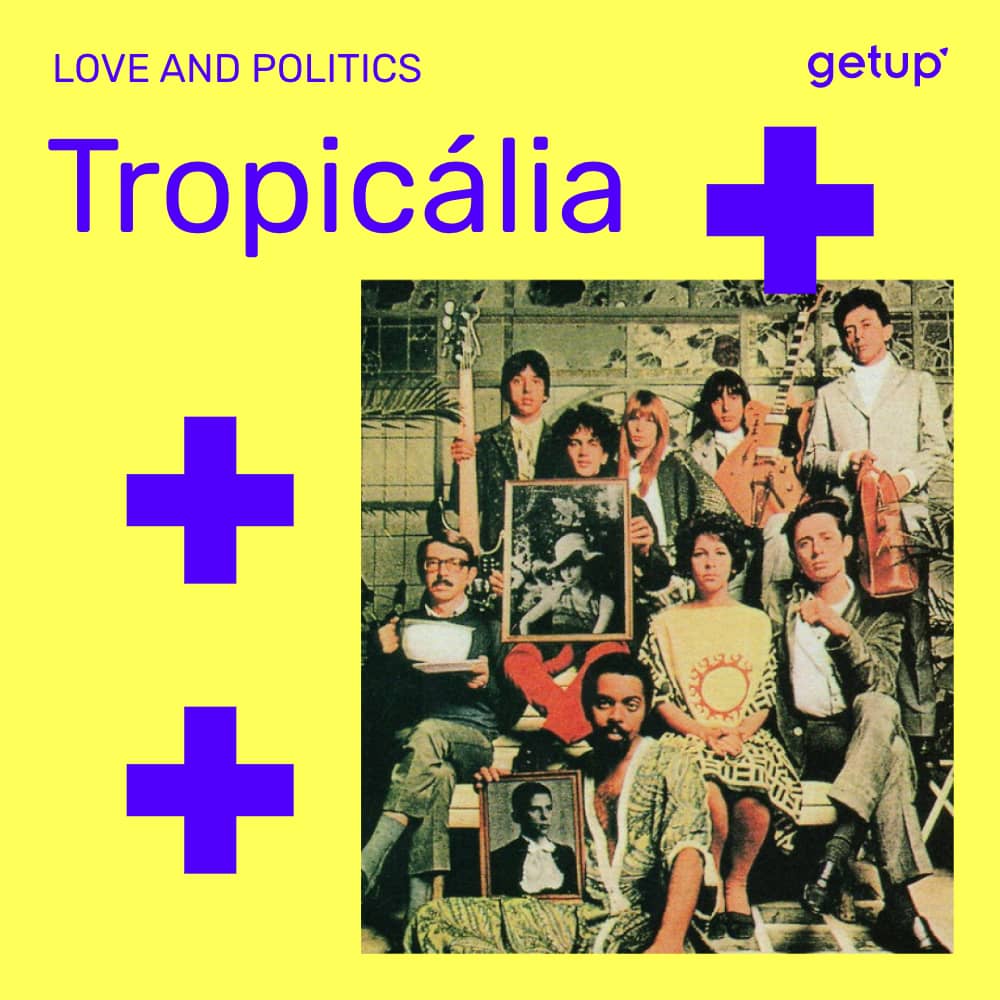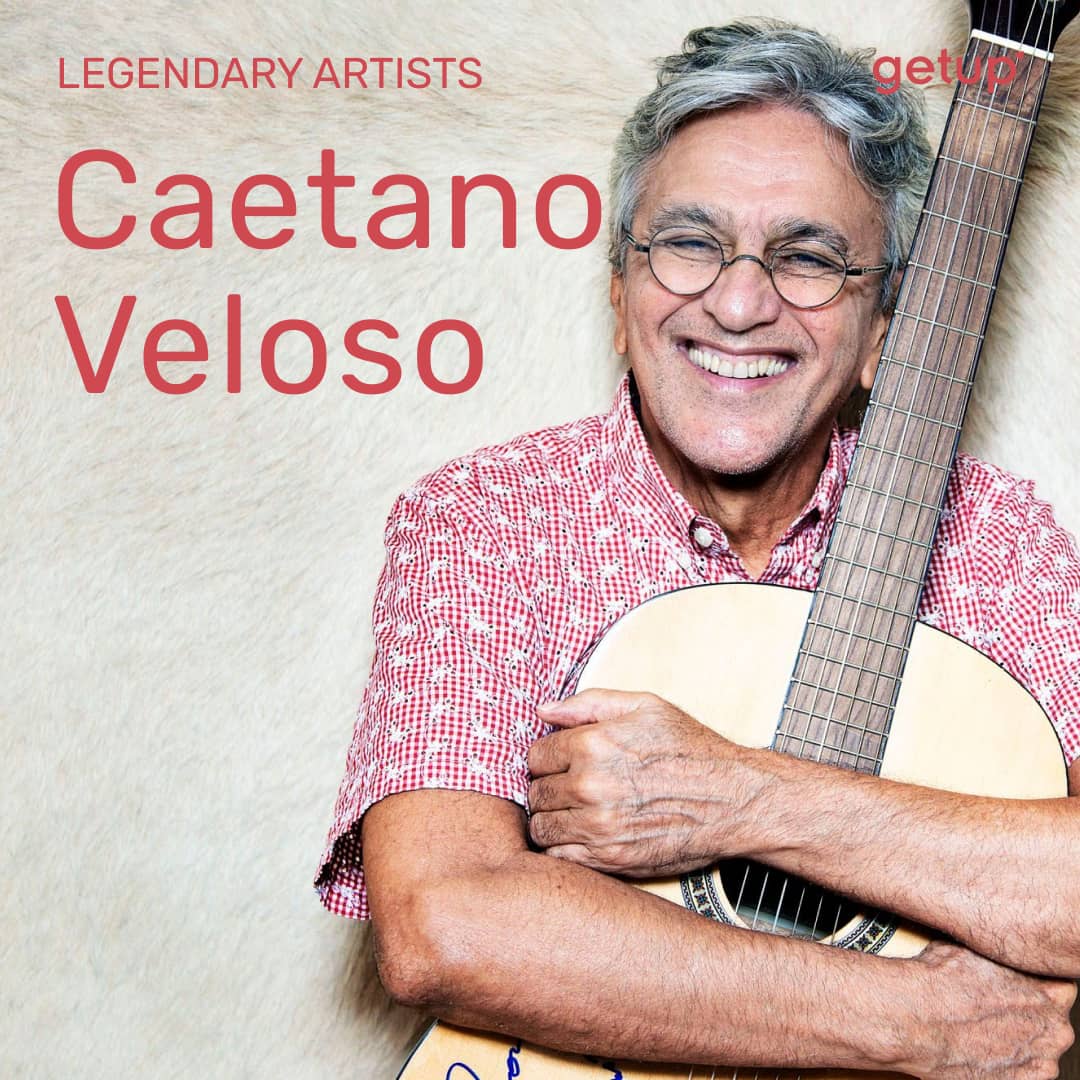"In February, it's Carnival," Jorge Ben says in País Tropical, his most famous composition. Since the Lupercalia of ancient Rome, festivities have been held during the winter period, either to take a break or to mark the beginning of Lent. These moments of freedom and joy offered to the people have taken on an increasingly spectacular and touristic dimension over time, attracting millions of people to the streets of Venice, Rio, London or Cape Town.
First appearing in Europe, the carnival spread to America with the arrival of the first settlers. On the new continent, costumes, dances and music are transformed in contact with indigenous populations in a mixture of tribal folklore and colonial rites. In New Orleans, which celebrated Mardi Gras under the impulse of the French, brass bands appeared as early as the middle of the 19th century. Today, brass bands like the Dirty Dozen compete in the Treme district while the Wild Magnolias Indian tribe opts for a funkier version of the festivities.
In the early 1930s, while frevo was raging in the northeast of Brazil, samba became the dominant music in Rio and São Paulo, soon followed in Bahia by the drums of the Afro blocos. Carnival became a symbol of national culture and a must for all popular music stars. It still is today. Mirror of the political and social reality, the irreverent marchinhas fallen in disuse as Allah-La-Ô took again service and gave rhythm to the immense street parades of the Monobloco style. Those who could not participate can always console themselves by buying the album of the year of sambas-enredos, the themes chosen by the samba schools that compete in an ultra-codified competition.
The rest of America remains strongly marked by the influence of African culture on carnival celebrations. In Colombia, where the carnival of Barranquilla is on a par with those of Rio and Venice, comparsas from all over the country perform the hits of the charismatic José Arroyo with the latest cumbia hits. Throughout the Caribbean, the carnival is in full swing, as in Cuba, Haiti, Montserrat where the singer Arrow was crowned king of calypso, or in the Caribbean. The Trinidad and Tobago carnival has managed to expand to the heart of London, in Notting Hill, symbolizing the will of the inhabitants of this area to mark their integration.
Less known but just as popular, the carnivals of the African continent are attracting more and more followers. This is the case of the Mindelo Carnival in Cape Verde, the Calabar Festival in Nigeria, known as the biggest street party in Africa, and especially the Klaapse Klopse Carnival in South Africa: the huge parade punctuated by Ghoema drums starts from the formerly segregated neighborhoods of Cape Town and spreads out in all the streets of the city.
Planet Carnaval
Quarantine or no, there is no question of getting into the swing of things with this little overview of the world’s festivities.
Share
